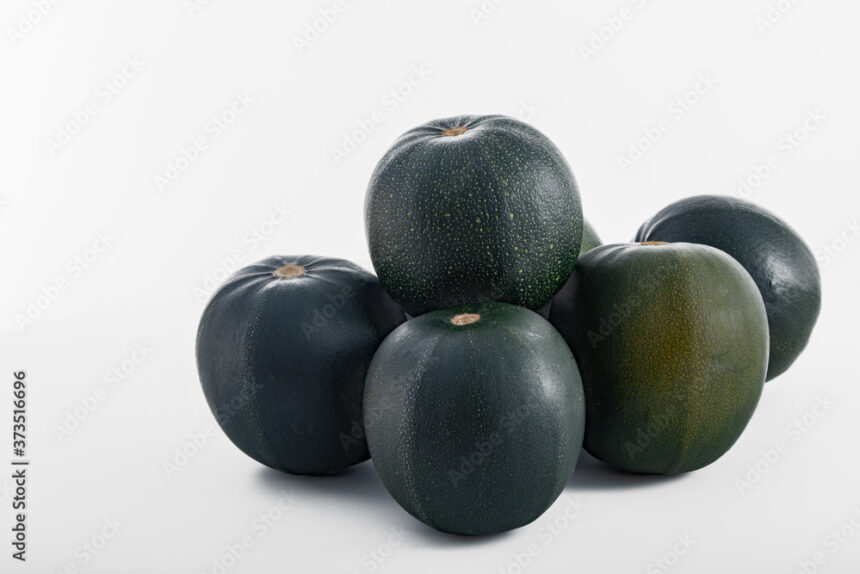When growing squash in South Africa, there are a few infections and diseases that you should watch out for to ensure the health and productivity of your plants. Here are some common ones:
- Powdery Mildew:
Powdery mildew is a fungal disease that affects squash plants. It appears as a white, powdery coating on the leaves, stems, and fruits of the plant. To prevent powdery mildew, make sure to provide adequate spacing between plants for good air circulation, avoid overhead watering, and apply fungicides if necessary. - Downy Mildew:
Downy mildew is another fungal disease that affects squash. It causes yellow spots on the upper surface of the leaves and a fuzzy, grayish growth on the undersides. To prevent downy mildew, choose resistant varieties, provide good air circulation, and avoid overhead watering. Fungicides can also be used if necessary. - Bacterial Wilt:
Bacterial wilt is a serious disease caused by the bacterium Erwinia tracheiphila. It is transmitted by cucumber beetles and causes wilting and death of the plant. To prevent bacterial wilt, control cucumber beetles by using insecticides or physical barriers, such as row covers, and promptly remove and destroy infected plants. - Squash Vine Borer:
Squash vine borer is an insect pest that attacks squash plants. The larvae bore into the stems, causing wilting and plant death. To prevent squash vine borer, use row covers to exclude adult moths from laying eggs, monitor plants regularly for signs of infestation, and consider applying insecticides when necessary. - Fusarium Wilt:
Fusarium wilt is a soil-borne fungal disease that affects many plants, including squash. It causes yellowing, wilting, and eventual death of the plant. To prevent Fusarium wilt, practice crop rotation, avoid planting squash in the same area for consecutive years, and ensure good soil drainage. - Mosaic Viruses:
Various mosaic viruses can affect squash plants, causing mottled or distorted leaves and reduced fruit production. These viruses are typically transmitted by aphids or through infected plant material. To prevent mosaic viruses, control aphids through insecticide application or physical barriers, and avoid using infected plant material for propagation.
It’s important to note that prevention and early detection are key in managing these infections and diseases. Regularly inspect your squash plants, practice good sanitation, and promptly address any issues to minimize the impact on your crop. Consulting with local agricultural extension services or experienced growers in your area can provide valuable insights and recommendations specific to your region.






